News
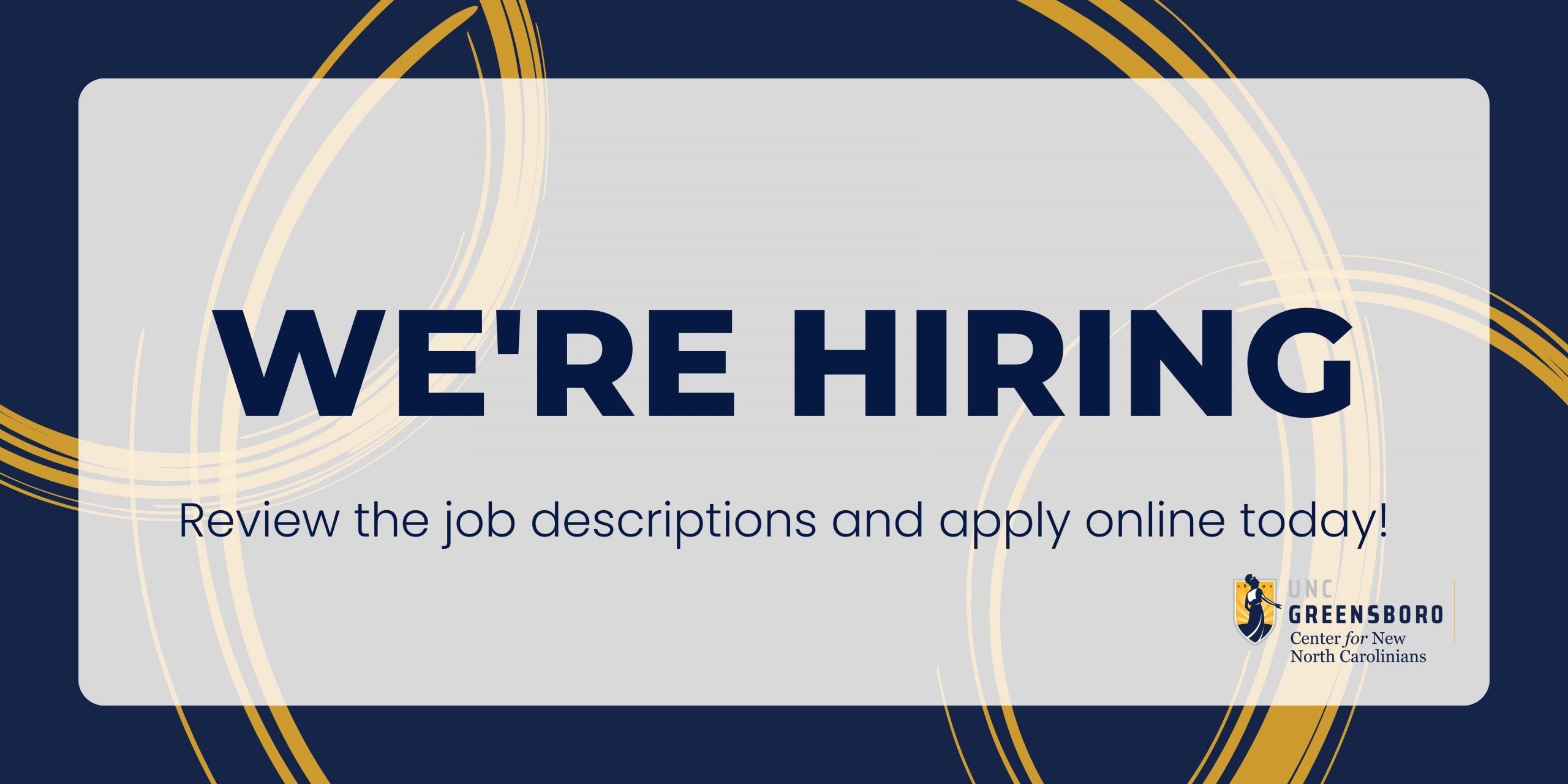
**Closed** Interpreter Access Program Associate
February 13, 2024
**This position has been filled.** The Center for New North Carolinians (CNNC) was established to provide research, training, and evaluation for the State of NC in addressing immigrant needs. The CNNC builds bridges among immigrant populations and existing communities throughout the state of NC by providing (1) Outreach and Educational Programming, (2) … Continued
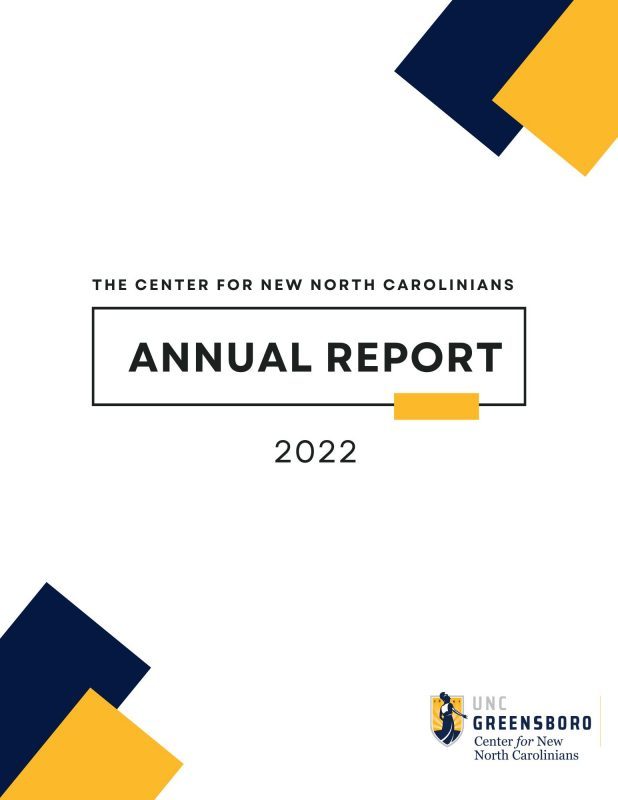
2022 | Annual Report
December 16, 2022
You can find the PDF version here. Dear Friends, Another year has come and gone here at the Center for New North Carolinians (CNNC). We stayed busy serving the Greater Greensboro immigrant and refugee communities with each of our programs: AmeriCorps ACCESS Project, the Community Centers, Interpreter ACCESS Project, Immigrant … Continued
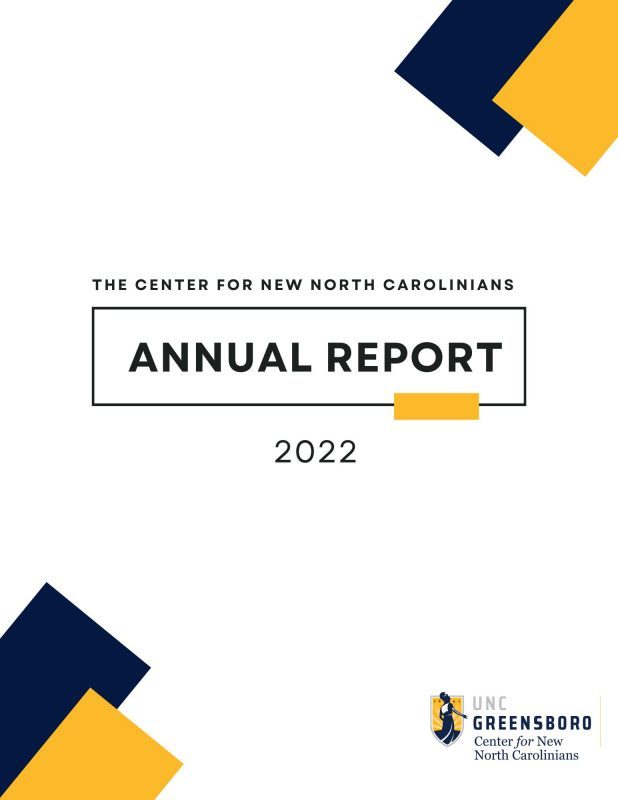
2022 | At a Glance
December 16, 2022
We stayed busy this year at the Center for New North Carolinians! Check out some quick highlights! You can find the PDF version here. The complete annual report is coming soon! “Promoting access and integration for immigrants and refugees in North Carolina by bridging newcomer populations with existing communities through … Continued
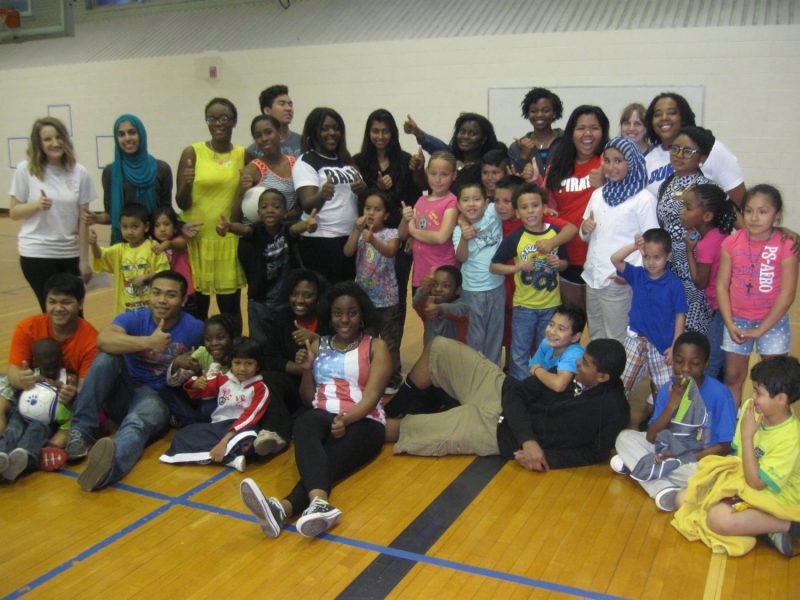
A Special Thank You to UNCG’s Dr. Tom Martinek’s Dedication and Service to the CNNC
November 27, 2022
Dr. Tom Martinek is a professor of Kinesiology at the University of North Carolina at Greensboro. He has been with UNCG for over forty-five years and during his tenure he has researched the social and psychological dynamics of coaching and teaching. Dr. Martinek has also established several programs including Project … Continued
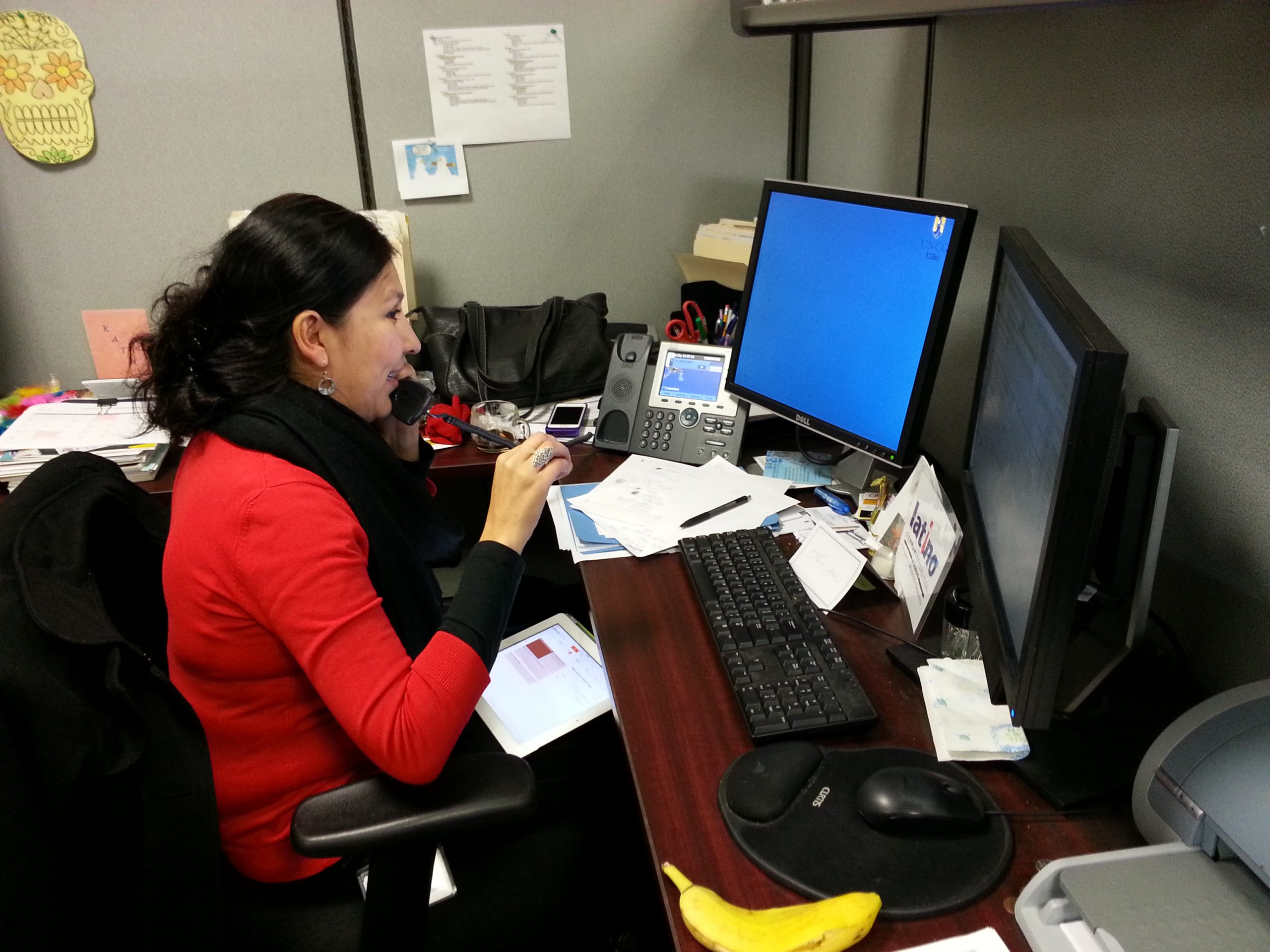
Kathy Hinshaw: Honoring 20 Years of Service to the Local Immigrant and Refugee Communities
September 26, 2022
Kathy Hinshaw moved from Peru to Greensboro in 1996. After arriving in Greensboro, she enrolled in classes at Guilford Technical Community College to help her relearn English. A few years later, Kathy began working for the Women’s Resource Center of Greensboro. Unfortunately, the Center experienced budget cuts in the early … Continued
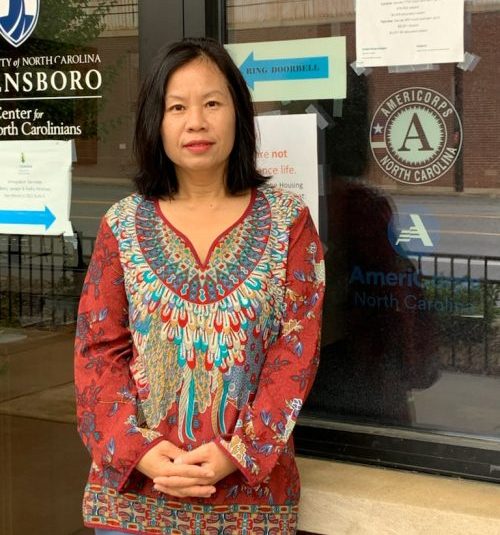
Khouan M. Rodriguez: Celebrating North Carolina’s Longest Serving AmeriCorps Program Director
September 9, 2022
When Khouan M. Rodriguez came to North Carolina in 1995, she did not know many people and had limited professional connections. She realized that she needed to volunteer with an organization in order to connect more with the community and learn about available opportunities. She visited the Greensboro Buddhist Center … Continued
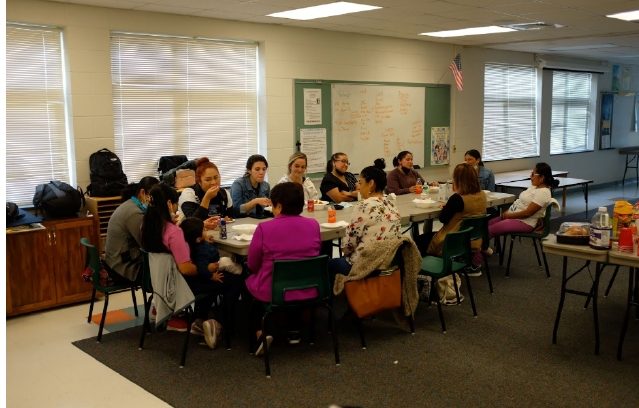
Day One
May 3, 2022
Day One I was greeted at the door by a Thriving at Three intern. As we walked down the hallway I could hear kids playing and others chatting about what the weekend will bring. The energy in the room was so bright that it warmed my heart. Something in the … Continued
Pizza Party
May 3, 2022
Pizza Party Weekly group meetings at Thriving at Three are always a blast! Mothers and children in the program gather with teachers and interns to fellowship while working on social and developmental skills. Today there were some special guests joining the group! It’s a van full of inspired students from … Continued